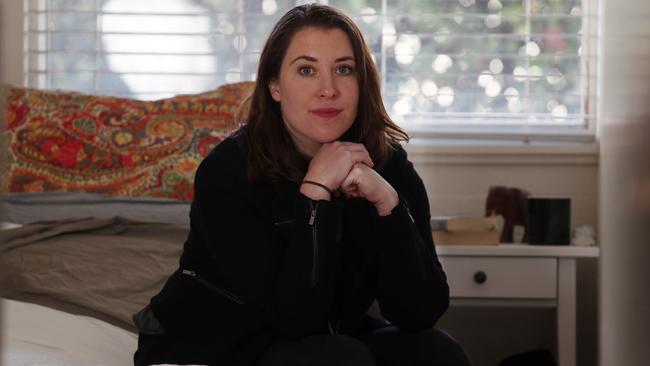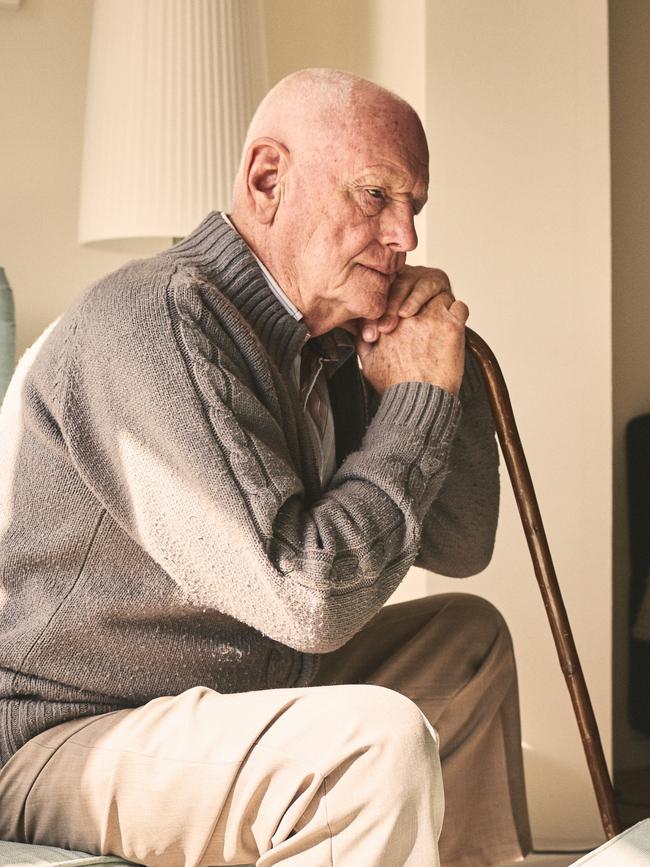Annika Smethurst: Four days into self-isolation and I already fear going mad
The dark clouds of the coronavirus are only just rolling in but four days into self-isolation and Sunday Telegraph journalist Annika Smethurst fears the long autumn and winter months ahead.
The dark clouds of the coronavirus are only just rolling in and already I fear I am going mad inside my home. It was only a few weeks ago that the prospect of working from my couch alongside my 11-month old puppy seemed like a wonderful alternative to Parliament House.
To paraphrase US President Harry Truman, if you want a friend in politics, get a dog.
But 96 hours into self-isolation I started to fear the long autumn and winter months ahead.
I set myself the task of searching for silver linings self-isolation could offer, beyond stopping the spread of a virus.

RELATED NEWS
NT follows global lockdowns as Aussie beaches closed
Cruise ship passengers exposed to COVID-19
Seven Sydney church attendees test positive for coronavirus
Past periods of misery and sadness have generated life-changing developments for society. Modern surgery was born in World War I. Women also took a great leap forward by taking on roles in society usually preserved for men.
Looking further back, Isaac Newton was in his 20s when the Great Plague hit London. Newton’s college of Cambridge sent students home.
While the story of an apple falling on his noggin is considered fictitious, it was during this quarantine that Newton developed the theories of gravity and motion.

On Tuesday I finally took down the Christmas tree. A feat slightly less extraordinary but a win nonetheless.
We know self-isolation will slow the rate of infection but an unexpected upside might be to slow down a generation increasingly dedicated to technology and instant gratification.
Our obsession with speed and cramming more into every minute has made us less connected to living.
I don’t wish to make light of this rapidly-spreading virus or underestimate the fear and sadness it will cause. But we have little choice but to consider the opportunities this crisis presents.
At the very least it might encourage us to have a little more compassion for the elderly or socially isolated for whom quarantine is a daily reality.
When this is over, hopefully we remember not to veer straight back into the fast lane.
